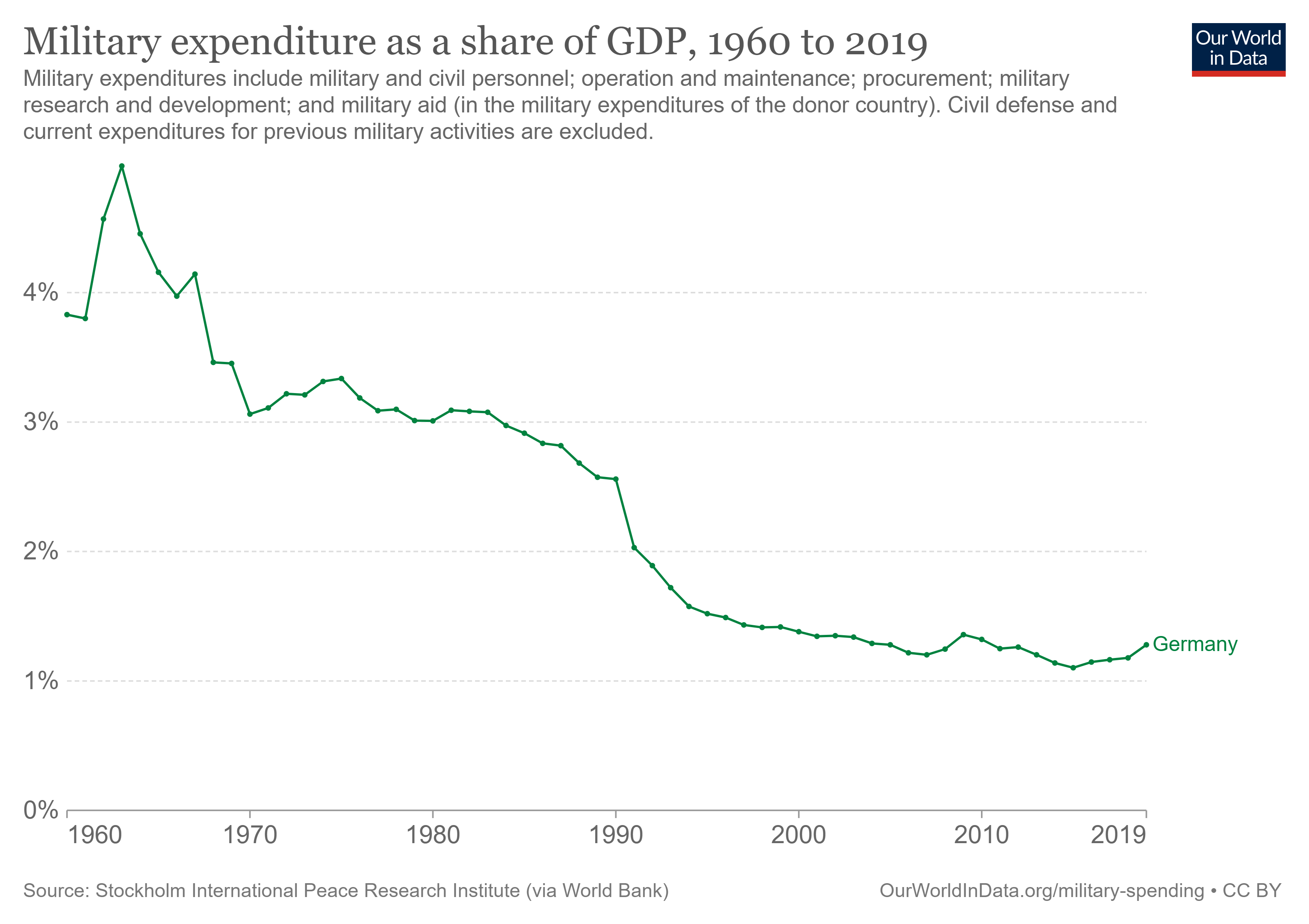UK Living Standards Lag Western Europe Amid Persistent Structural Economic Challenges

Economist and prominent blogger Noah Smith recently issued a stark assessment of the United Kingdom's economic state, asserting on social media that "The UK is a structurally fucked civilization." This provocative statement from Noah Smith, known for his incisive economic commentary, underscores growing concerns over deep-seated issues impacting the nation's long-term prosperity. His remarks highlight a pervasive sentiment among some analysts regarding the UK's economic trajectory and its ability to compete on the global stage.
Smith's analysis, elaborated in his "Noahpinion" blog, suggests that while British individuals often express pessimism about their economy, its performance over the past three decades was not uniformly poor compared to European counterparts. However, he now characterizes the current difficulties as a "milder, gentler version of the kind of crisis that tends to plague emerging markets." This economic downturn, according to Smith, stems from "long-standing, chronic economic weaknesses" and a perceived lack of preparedness among the country's leadership.
Historically, the UK's economy underwent a significant shift, prioritizing financial services over traditional industry, a trend that accelerated after Margaret Thatcher's reforms. The 2008 global financial crisis severely impacted this finance-centric model, leading the government to adopt austerity measures. This policy choice, focusing on deficit reduction rather than investment or demand, contributed to a period of stagnant real wages and notably slow productivity growth.
The decision to leave the European Union, commonly known as Brexit, has further compounded these challenges. Since Brexit, the UK has experienced declines in immigration, exports, and foreign investment, which analysts suggest have reduced the economy's size by several percentage points. This move towards a more closed economy has been identified as a significant factor hindering growth and openness.
A critical issue is the UK's "stunningly low productivity growth," which lags behind most other wealthy nations. Data indicates lower technological automation in British manufacturing compared even to countries like Slovenia and Slovakia. Outside of London's financial sector, many British industries exhibit lower productivity than their Western European peers, creating a stark economic disparity across the nation.
The current political landscape also plays a role, with some observers pointing to a "left-wing aversion to growth and a right-wing aversion to openness" as contributing factors to the UK's economic predicament. This combination of deindustrialization, slow growth, and reduced international engagement, as articulated by Smith and other economists, risks transforming the UK into a "bitter, flailing, and nonsensical" economic entity if these structural issues are not addressed.